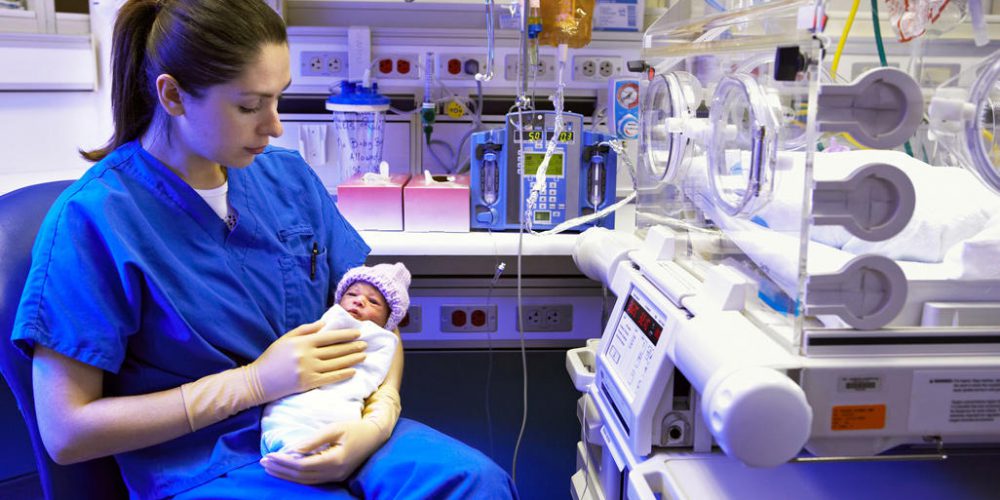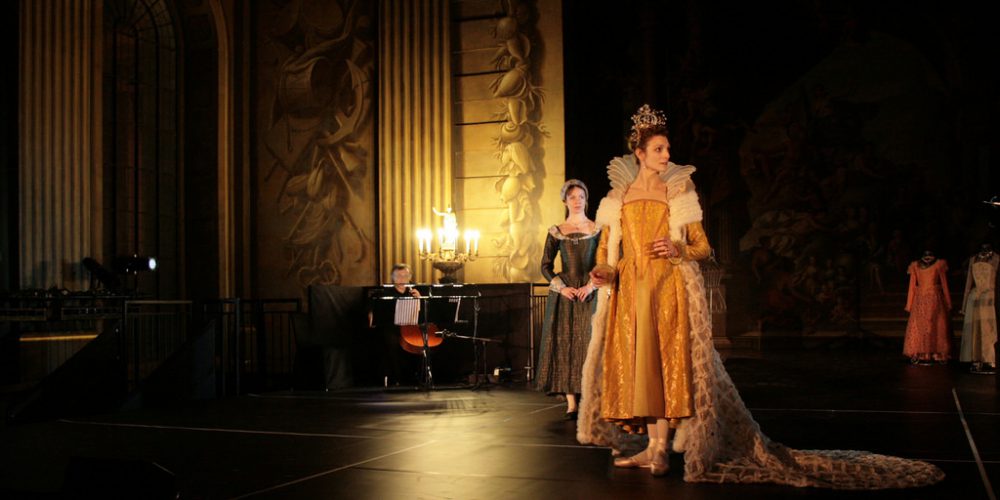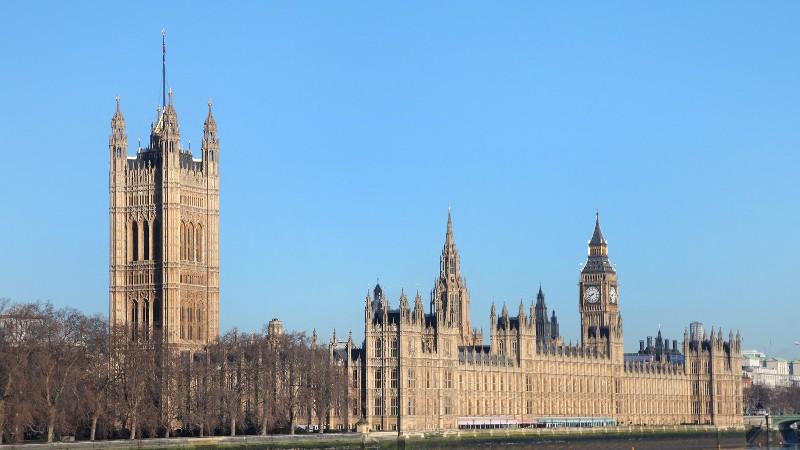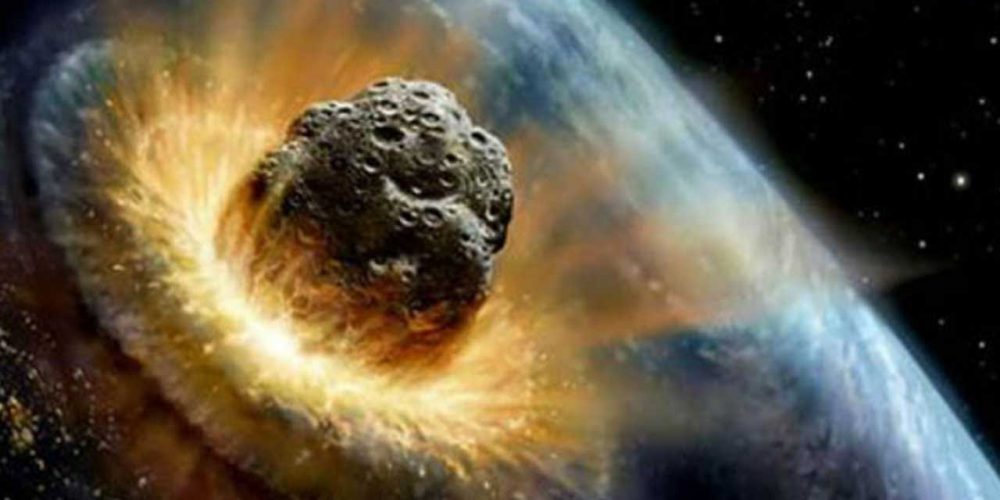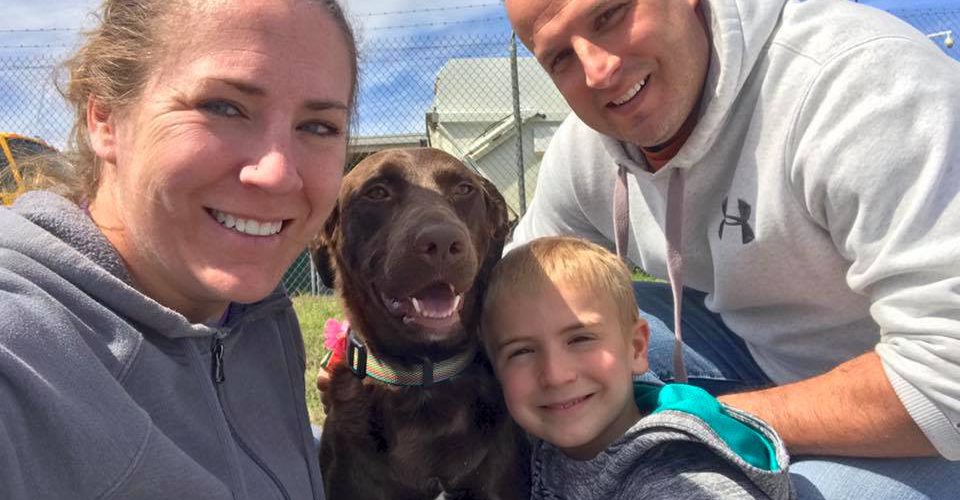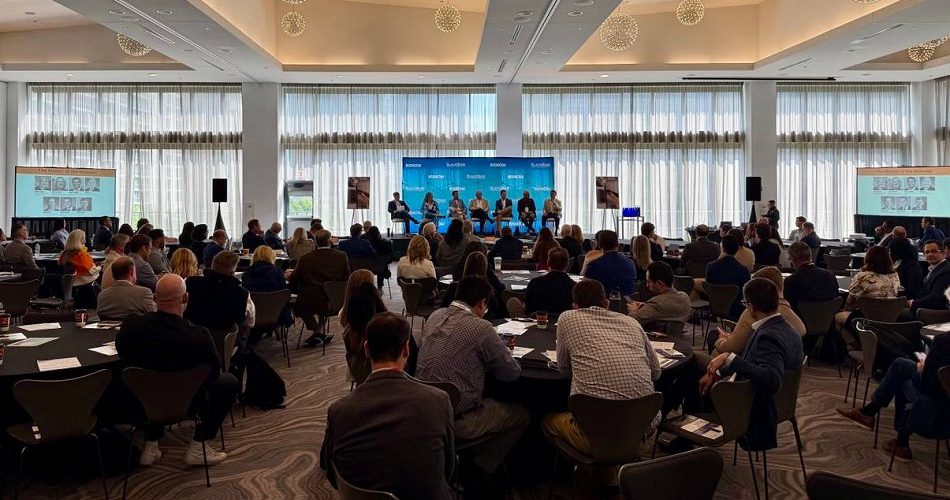They are an inspiration to all people
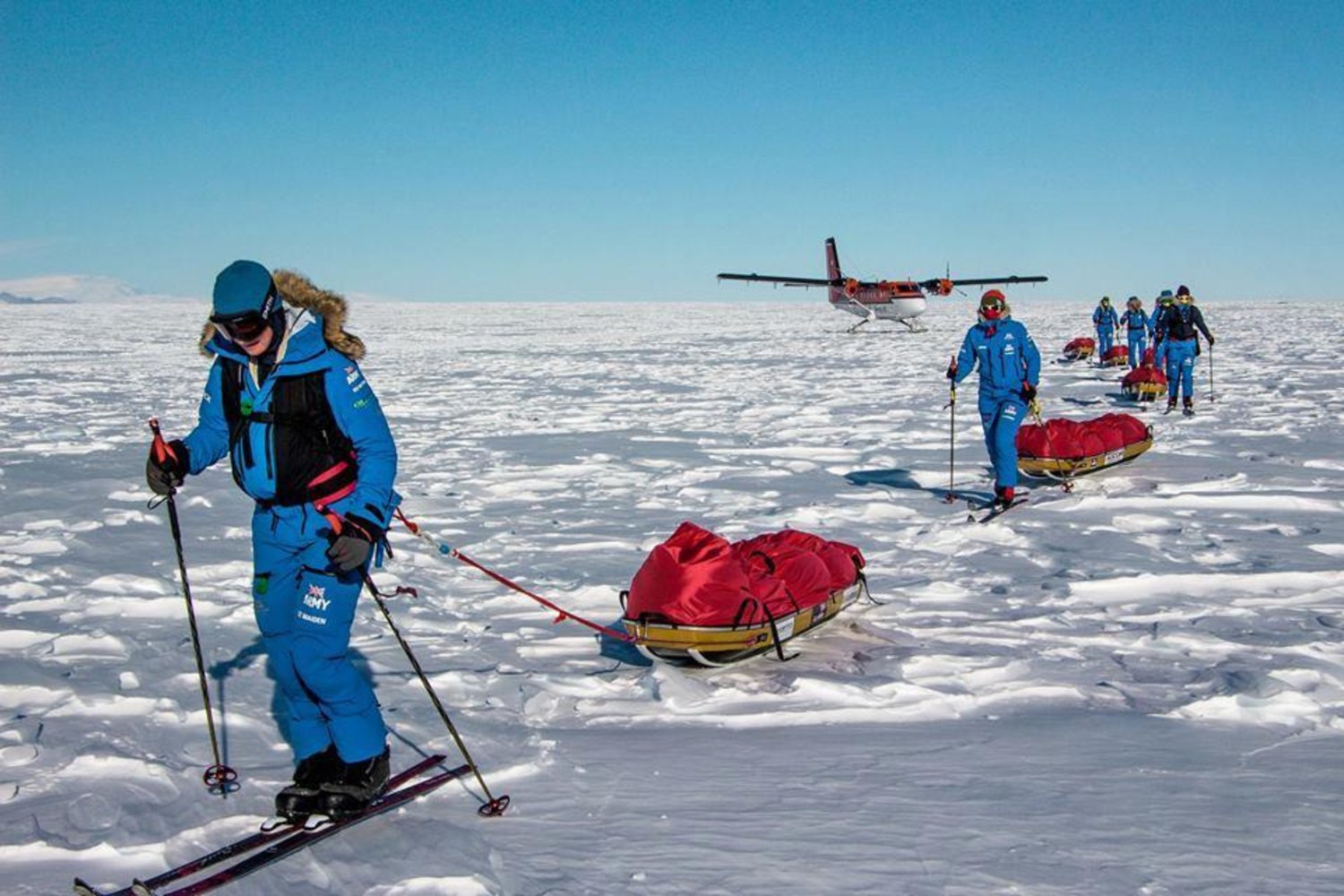
British Major Natalie Taylor and Dr Robert Gifford from the University of Glasgow speak on the expedition to Antarctica of six British women.
After centuries of being labelled “the weaker sex”, it turns out that women are officially as physically tough as men, the new research has found.
Debunking archaic stereotypes that present females as damsels in distress, the study found that women who completed a trans-antarctic expedition fared similarly to what would be expected of men in terms of health.
The research, presented at the Society for Endocrinology annual conference in Glasgow, is the first to suggest that with the right training, women are not more susceptible to health problems than men in extreme physical conditions.
The study examined six British women, army soldiers, who trekked across Antarctica in January 2018.
You were dubbed the Ice Maidens?
Taylor: We were. (Smiles) Our all-female team was the first to complete the 62 day-long journey. It involved 1,056 miles of trekking in high winds and low temperatures while carrying 80kg of equipment.
You underwent extensive physical training before the expedition?
Taylor: Yes. Each of us did before embarking on the expedition. And various markers of our health were measured by a team of doctors, such as stress levels, body weight, reproductive and metabolic hormone levels and bone strength.
How did you endure the difficulties of the expedition?
Taylor: We did very well. Physiologically we coped very well, so our bones were as strong as we left. Our hormones, there was a little dip. But within two weeks they were back to normal which is really good.
Did you lose weight?
Taylor: We lost fat, but we didn’t lose any muscle on our trip.
Gifford: Our findings contain some potentially myth-busting data on the impact of extreme physical activity on women.
After the expedition, we found that markers of reproduction function and bone strength were preserved. And the participants were still seeing exercise-related benefits, i.e. maintaining an increased level of physical fitness as a result of the expedition, two weeks later.
We have shown that with appropriate training and preparation, many of the previously reported negative health effects can be avoided.
Where else can be applied the results of your research?
Gifford: I’m an evolutionary biologist. We believe these results could be useful in shedding light on how men and women differ in terms of coping with more everyday scenarios, such as working life.
These findings could have important relevance for men and women in arduous or stressful employment, where there is concern that they are damaging their health.
If an appropriate training and nutritional regime is followed, their health may be protected.
Our Ice Maidens were praised as heroes. They really deserve it.
Taylor: Thank you for your warm words. After we had completed the trip, we received lots of congratulations. All that greatly moved us.
You are an inspiration to all and are role models to young people across the world.
Taylor: O thank you. We were happy to show that with hard work, courage, and determination anything is possible. We are immensely grateful to all who supported us. Without that support, it would be difficult to achieve anything.


